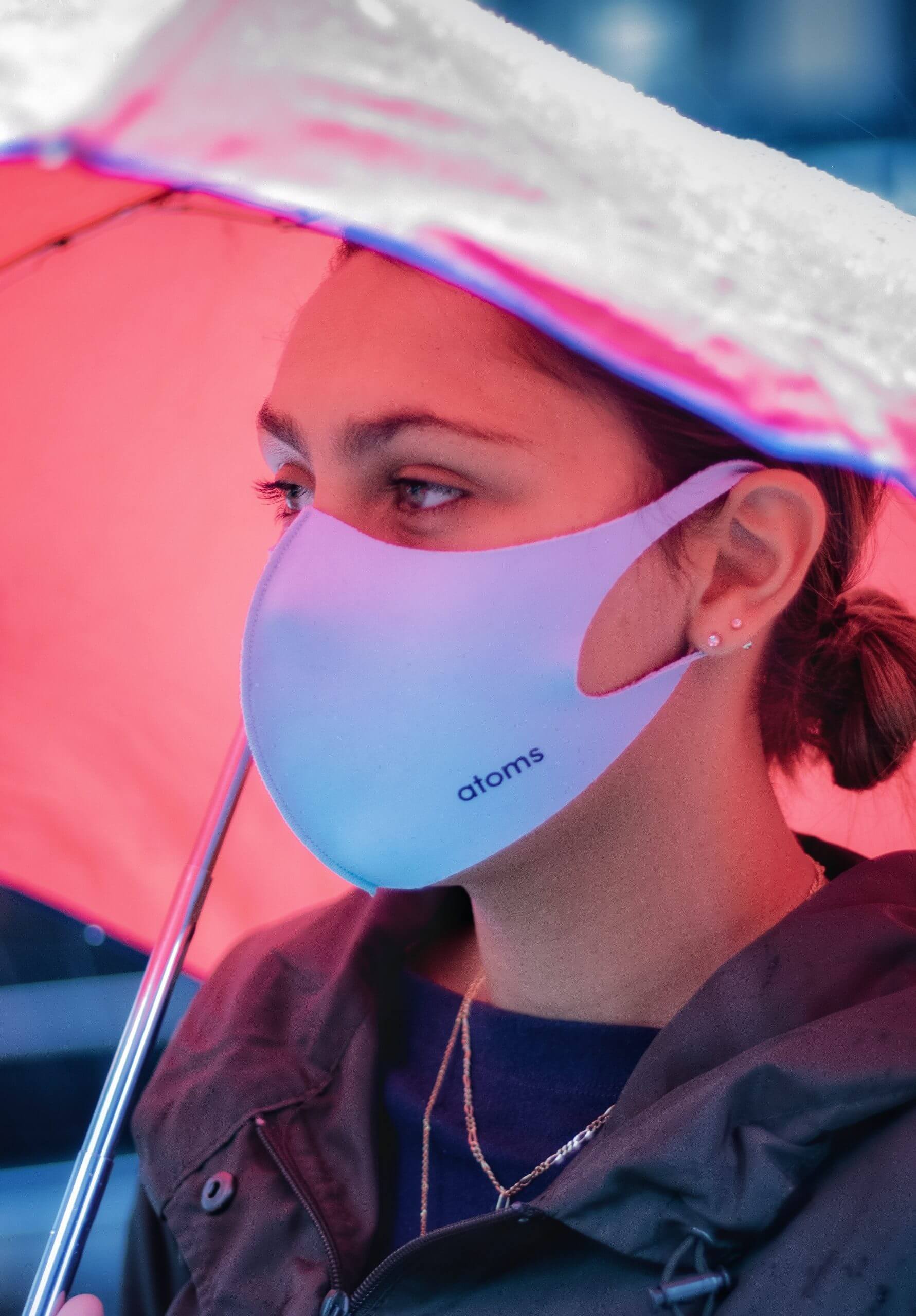
From business interruption coverage to health precautions, the COVID-19 pandemic has opened new areas of risk management for business owners. This Rushing McCarl legal update looks at a new area of COVID-19 business litigation: disability discrimination claims.
In 2020, we saw large parts of the American economy effectively shut down by stay-at-home orders, and the essential businesses that were open had to change the way they served customers in order to limit the spread of COVID-19. As restrictions were lifted and businesses began to reopen, they did so with additional precautions such as masks, face shields, hand sanitizer, and social-distancing markers. According to a new lawsuit, one of these precautions — nontransparent masks — had an unintended outcome: discrimination against the hearing impared.
Masks can help protect us from virus transmission, but they also risk socially isolating those who depend on lip-reading, leaving them unable to communicate.
That’s why Nike recently settled a class action suit by agreeing to provide transparent masks to its staff when assisting hearing-impared customers. The suit’s plaintiff, a 22-year-old hearing-impaired Californian, was unable to communicate with staff in a San Diego Nike store. She brought a class action suit against Nike in state court arguing that Nike had violated Title III of the Americans with Disabilities Act, the California Unruh Civil Rights Act, and the California Disabled Persons Act.
Nike agreed to a settlement requiring the company to provide transparent masks to workers who need to communicate with hearing-impaired customers.
The case is Cali Bunn et al. v. Nike Inc. (N.D. Cal., Case No. 4:20-cv-07403)